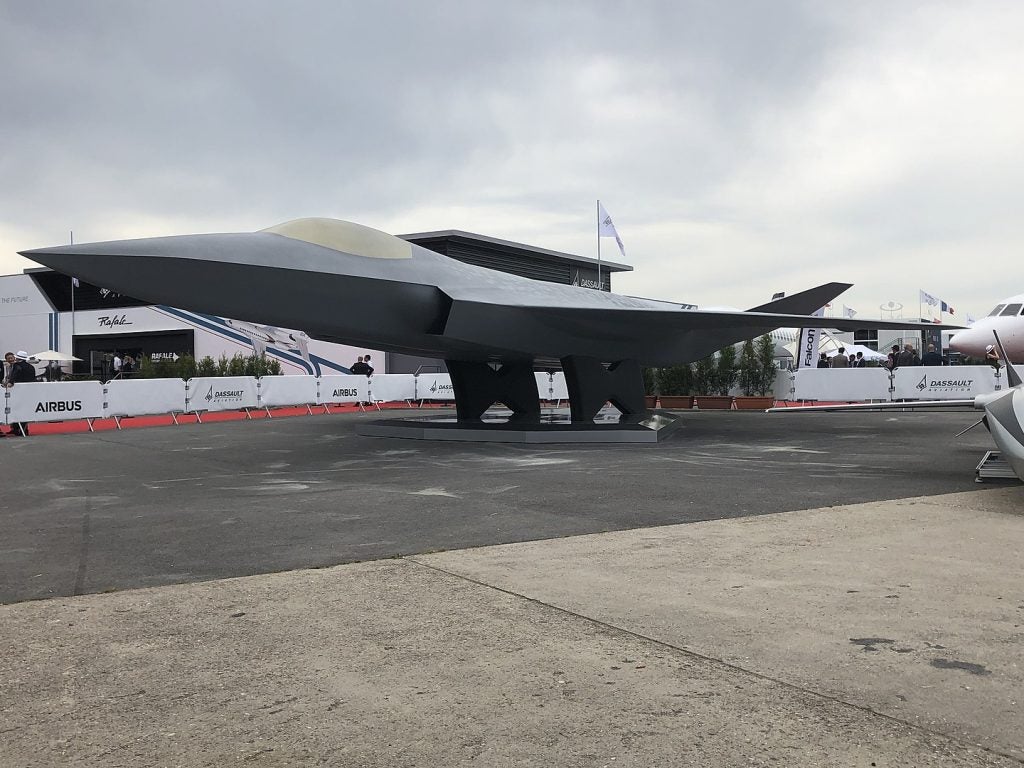FCAS Meets Obstacles In German Parliament
As the work on the Future Combat Air System (FCAS) progresses a number of issues will need to be overcome. Earlier this year, the companies involved in the project had to resolve the question of product licenses to develop the FCAS and avoid violations of intellectual property rights. Sadly, after an agreement was worked out, the Future Combat Air System was met with opposition in the Reichstag. Similar to the problems of arming Heron-TP drones by the Bundeswehr, the complaints come from the parliamentary opposition, primarily, the Green Party.
FCAS is a part of the cooperation between Germany, France, and Spain on their Next Generation Fighter (NGF) program that connects different systems, such as the Next-Generation Weapons System and the NGF, as well as swarming drones (Remote Carriers) into one unified system of information exchange. The FCAS introduction is planned to take place sometime between 2035 and 2040.
MPs of the German Green Party expressed their concerns on the use of armed UAVs within the FCAS and the capability of NGW to carry nuclear armament. The European Greens remain a strong opponent to any nuclear-related subject, that interferes with the energetic interest of many nations on the continent. In addition, the Green Party is seeking to exclude Germany from the US nuclear weapons lease program. Meanwhile, the question of armed autonomous drones remains a very significant topic with moral implications.

The Green Party refuses the arming of Remote Carriers as they are perceived as the last step before the introduction of fully autonomous combat robots. This, however, would require a lot of legal framework done and political will to happen, but the dogma of complete exclusion of any armed unmanned vehicles haunts German efforts to properly equip the Bundeswehr with the assets needed for modern warfare.
Whether the FCAS will collapse because of the opposition of Germany’s Green Party is doubtful, but not impossible. As FCAS continues to develop it remains to be seen if the participants of the project have the political will and capital to push forward and finalize the system.

